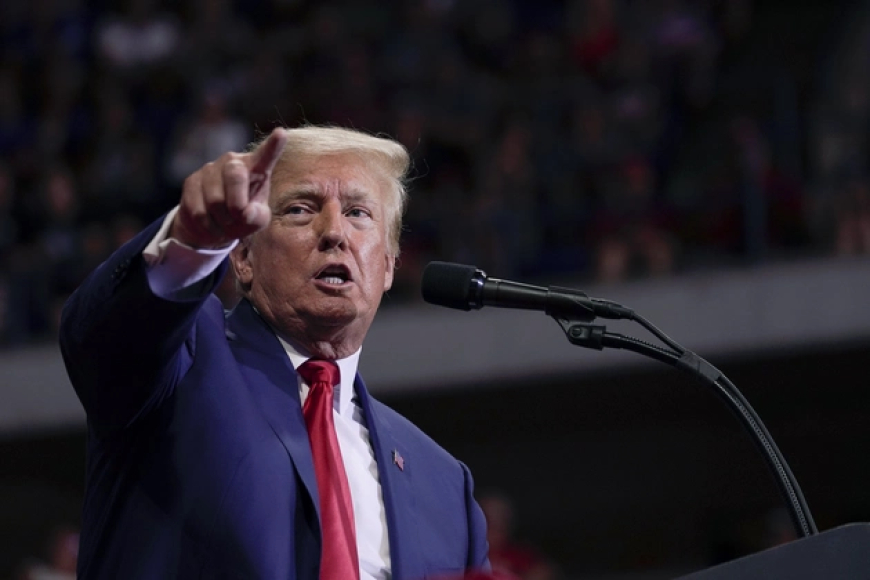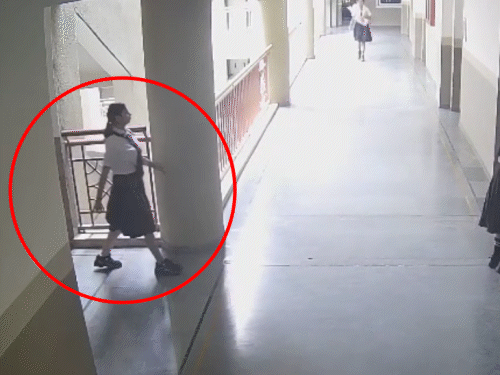Bypassing Oversight: How Trump Installed Loyal U.S. Attorneys Without Senate Approval
An in-depth look at how Donald Trump bypassed Senate confirmation to install loyal U.S. attorneys, exploring legal loopholes, case studies, and expert analysis.

When Donald Trump returned to the White House in 2025, one of the most consequential yet least visible strategies of his administration involved reshaping the ranks of U.S. attorneys. Instead of going through the normal process of Senate confirmation, Trump leaned on a decades-old legal loophole that allowed him to install acting prosecutors without congressional oversight.
The move raised sharp concerns among legal scholars, who say this approach undermines one of the most important checks on presidential power.
Exploiting a Loophole
Under federal law, U.S. attorneys are supposed to be nominated by the president and confirmed by the Senate. But the Federal Vacancies Reform Act provides an alternative. It gives the attorney general the authority to appoint an “acting” U.S. attorney for up to 120 days if a vacancy occurs. If that time expires, the district court can step in and appoint a replacement who serves until a permanent nominee is confirmed.
Originally designed to keep the justice system running smoothly during unexpected departures, the law was never meant to be used as a governing strategy. Yet Trump’s administration did exactly that, making temporary appointments a way to avoid Senate scrutiny.
Case Studies in Appointments
Southern District of New York
The Southern District of New York has historically been one of the most independent offices in the country, overseeing corruption, Wall Street, and high-profile political cases. In 2020, the Trump Justice Department forced out Geoffrey Berman and tried to replace him with a loyalist. The controversy highlighted how acting appointments could shift the balance of independence in a powerful office.
Eastern District of Virginia
In 2025, the Eastern District of Virginia—which handles national security, espionage, and terrorism cases—saw a similar maneuver. Trump’s appointee had strong political ties but limited prosecutorial background. Because the Senate never weighed in, the installation took effect immediately, raising concerns about impartiality in cases that carry global significance.
What Scholars Are Saying
“This is not how the system was designed,” explained Professor Linda Rowe of Georgetown University Law Center. “The Senate’s confirmation process is a constitutional check, ensuring nominees are vetted for competence and impartiality.”
Constitutional historian Mark Whitman framed it differently: “When presidents normalize bypassing oversight, it’s not just about one administration. It sets a precedent that future leaders—Republican or Democrat—can exploit. That’s how democratic norms erode.”
The U.S. Department of Justice itself describes U.S. attorneys as the nation’s chief federal law enforcement officers, entrusted with impartiality above politics. Critics fear that sidestepping confirmation puts that impartiality in jeopardy.
Oversight in Jeopardy
The Senate’s role in confirming U.S. attorneys is more than symbolic. Hearings provide an opportunity for lawmakers—and by extension, the public—to examine a nominee’s background, ethics, and philosophy on justice. When presidents bypass that process, they deny the public its window into how prosecutors are chosen.
The concern is not only about conflicts of interest. Even the perception that federal prosecutors owe their loyalty to the White House can damage public confidence in the justice system.
Calls for Reform
Some lawmakers are already calling for reforms to close this loophole. Proposals include shortening the length of acting appointments, mandating Senate confirmation within a fixed timeline, or even rewriting the Vacancies Act itself.
But reform won’t be easy. Supporters of Trump’s approach argue that presidents from both parties have relied on temporary appointments when the Senate was gridlocked. They say that without such authority, critical offices could be left leaderless for months.
As the Constitution Annotated notes, the Senate’s “advice and consent” role has long been central to the balance of power between the branches of government. Whether Congress will reassert that role in the face of executive maneuvers remains uncertain.
What's Your Reaction?
 Like
0
Like
0
 Dislike
0
Dislike
0
 Love
0
Love
0
 Funny
0
Funny
0
 Angry
0
Angry
0
 Sad
0
Sad
0
 Wow
0
Wow
0







































































